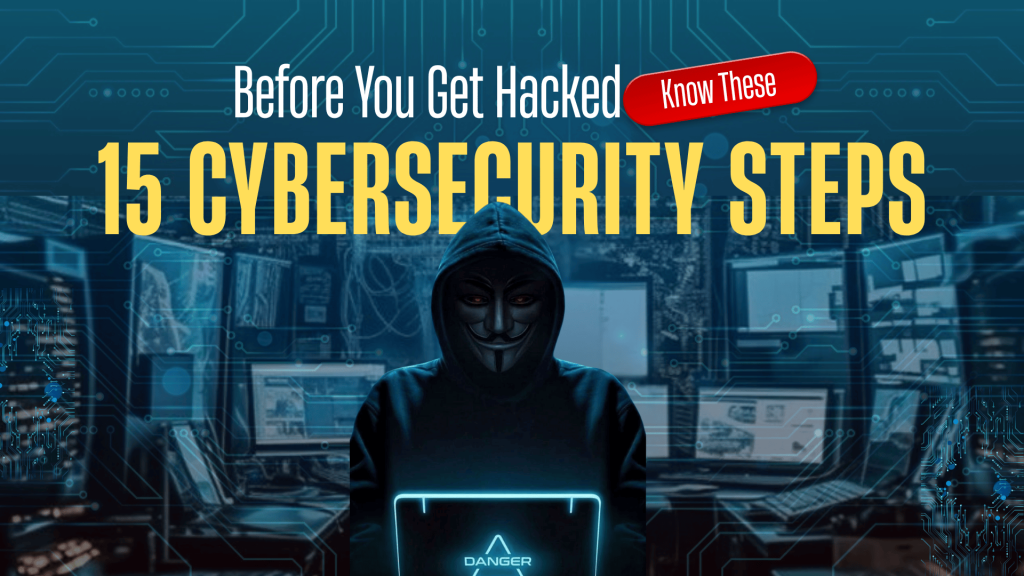On the account of Cyber Security Awareness Month, it is important to remind ourselves that staying safe is no longer optional but essential. This is a global initiative observed every October, dedicated to educating individuals, businesses, and organizations about the importance of staying safe online. The good news is that you don’t need to be a tech expert to practice strong security. Simple everyday habits can significantly improve network security and help reduce common vulnerabilities in cyber security, keeping both your personal and professional life safer.
Following are the 15 Essential Cyber Security Tips
1. You are a Target to Hackers
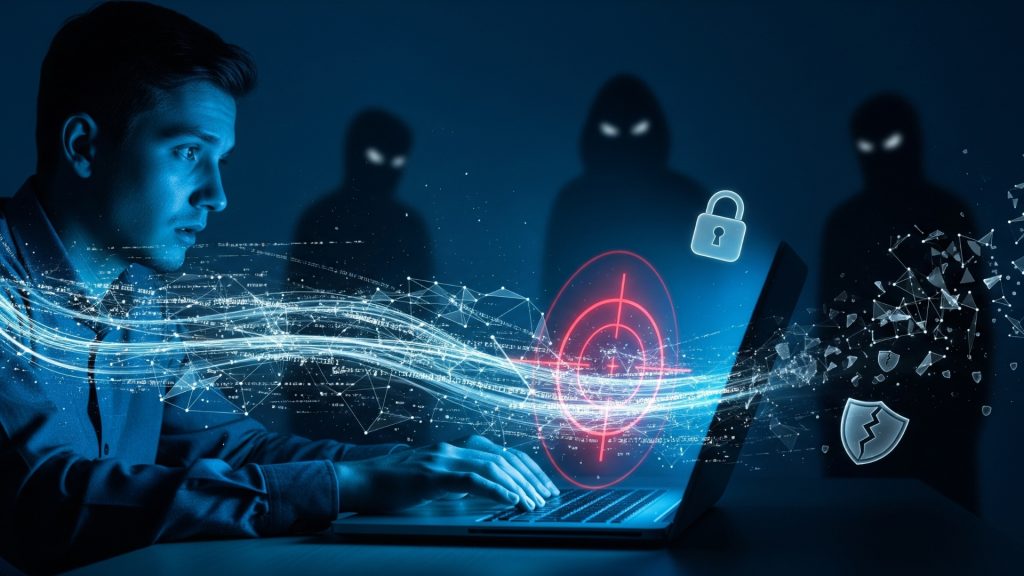
Many people think hackers only target big companies, but that’s a myth. Everyone is a potential target. Being aware of this fact is the first step toward better cyber safety. Treat every email, link, or device access request with caution.
2. Keep Software Updated
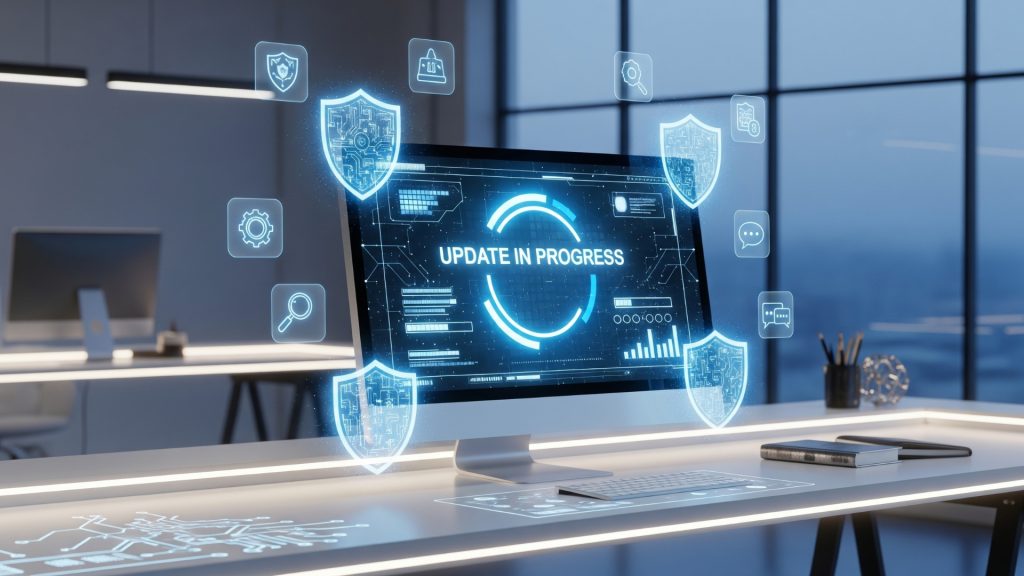
Outdated software is one of the easiest ways for hackers to exploit your system. Regular updates patch vulnerabilities in cyber security and strengthen your network security. Enable automatic updates whenever possible.
3. Avoid Phishing Scams
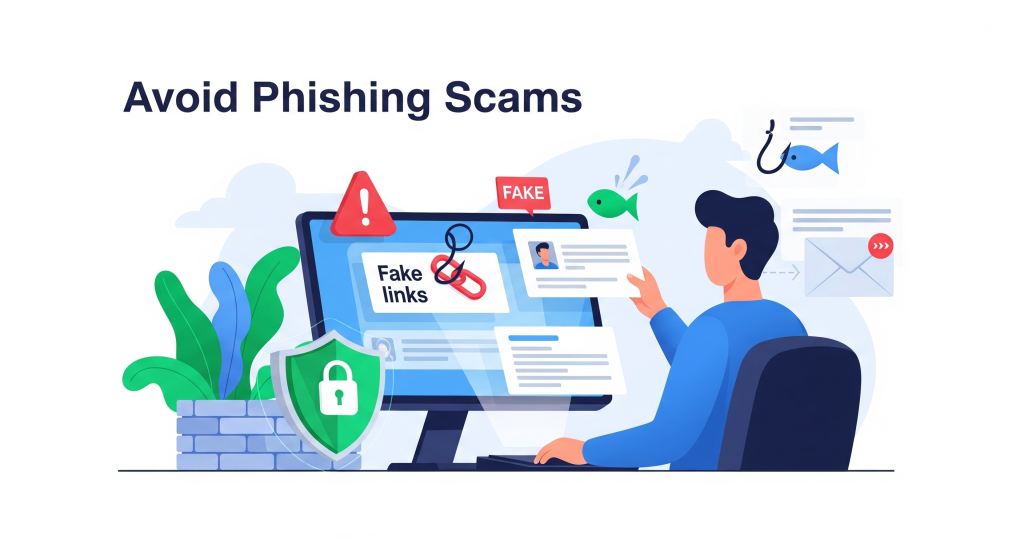
Phishing remains one of the most common cyber threats. Be cautious of suspicious emails, links, or phone calls asking for personal information. Always verify the source before clicking or responding.
4. Practice Good Password Management
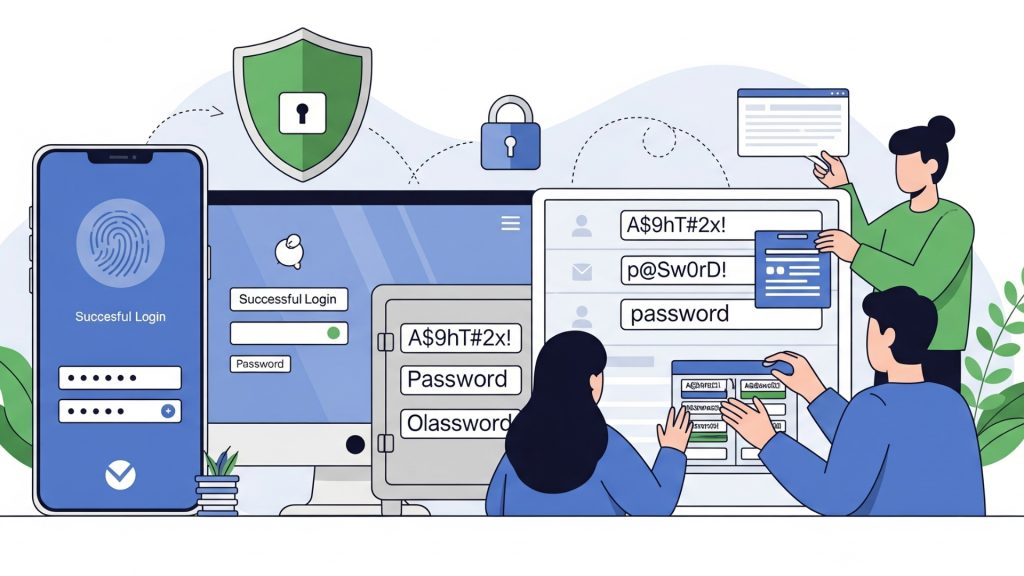
Weak or repeated passwords are an open door for hackers. Use strong, unique passwords for every account and consider a password manager to keep them secure.
5. Be Careful What You Click
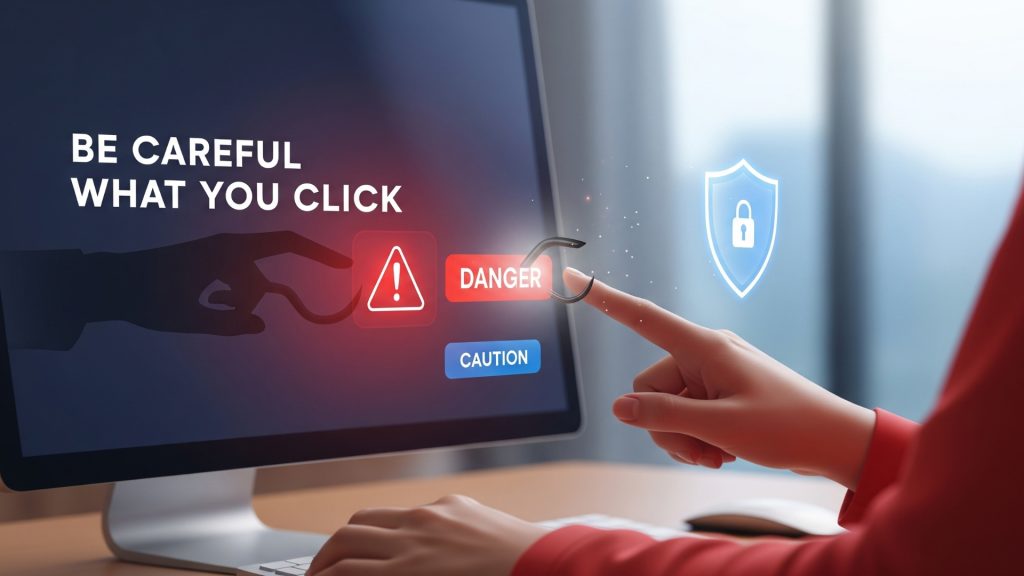
Avoid clicking on unknown links, pop-ups, or suspicious ads. Even seemingly harmless content can carry malware or lead to phishing sites, putting your network security at risk.
6. Never Leave Devices Unattended

Leaving your laptop, phone, or tablet unattended can give someone unauthorized access. Always lock your devices when stepping away, even for a few minutes.
7. Safeguard Protected Data
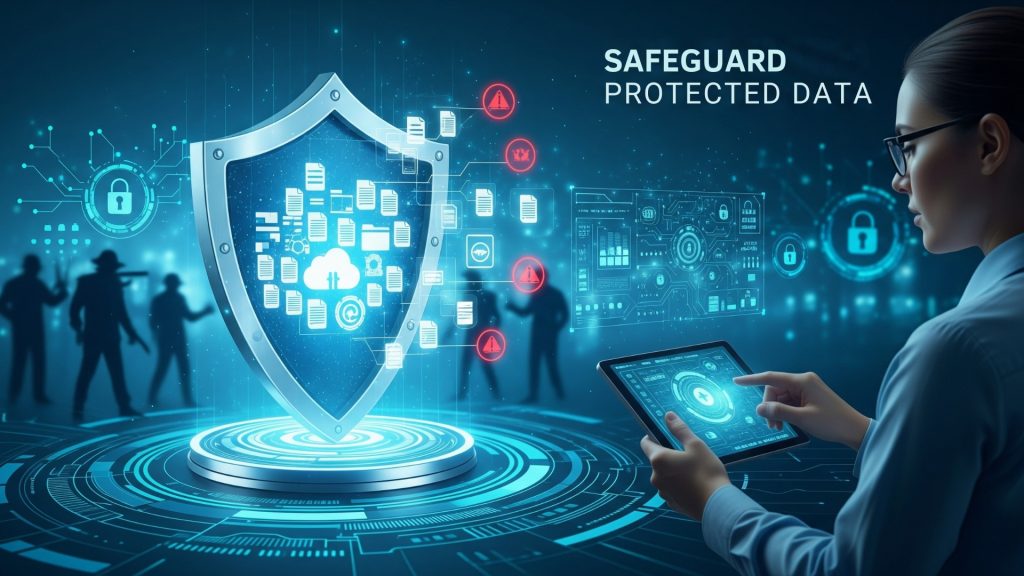
Encrypt sensitive files and control who has access. Managing permissions properly reduces threats in cyber security and ensures the confidential data stays protected.
8. Use Mobile Devices Safely
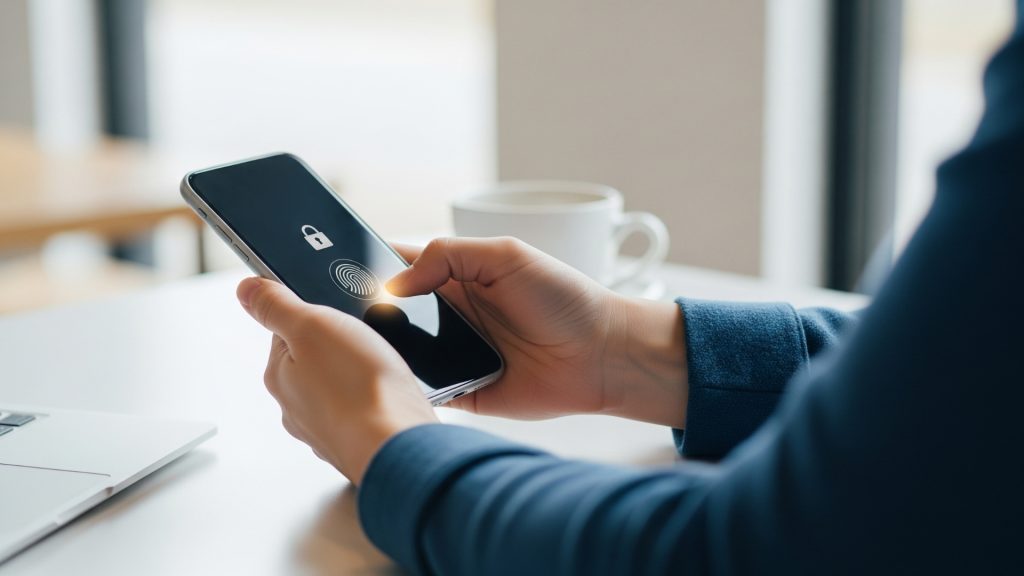
Smartphones store a lot of personal information. Secure them with passcodes or biometric locks, review app permissions, and avoid downloading apps from untrusted sources.
9. Install Antivirus/Anti-Malware Protection
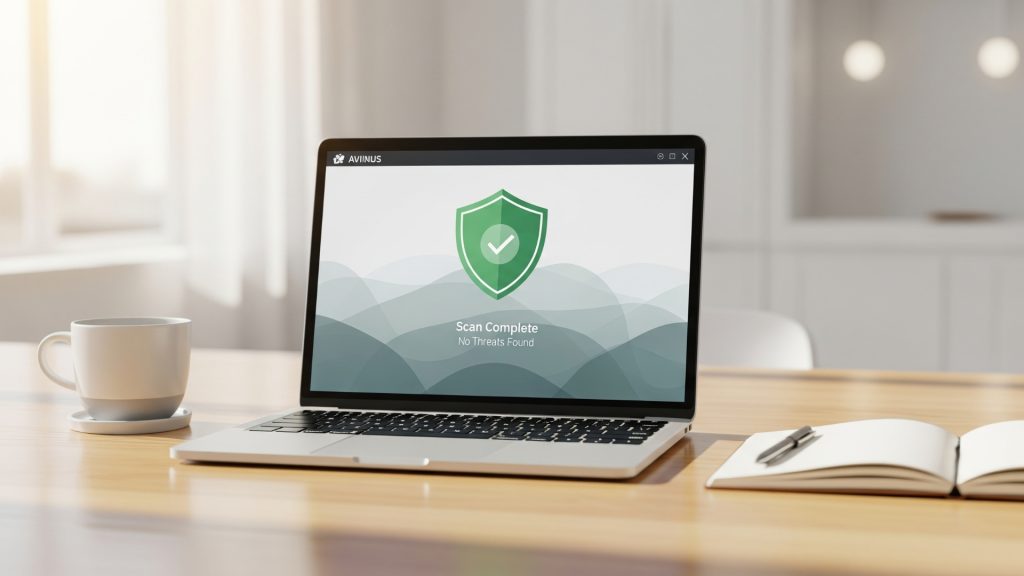
Reliable antivirus and anti-malware software are essential for maintaining cyber safety. They detect and block malicious activity before it can harm your system.
10. Back Up Your Data

Regular backups protect you against ransomware attacks and accidental data loss. Use both cloud storage and external drives to ensure redundancy.
11. Use a Secure File-Sharing Solution
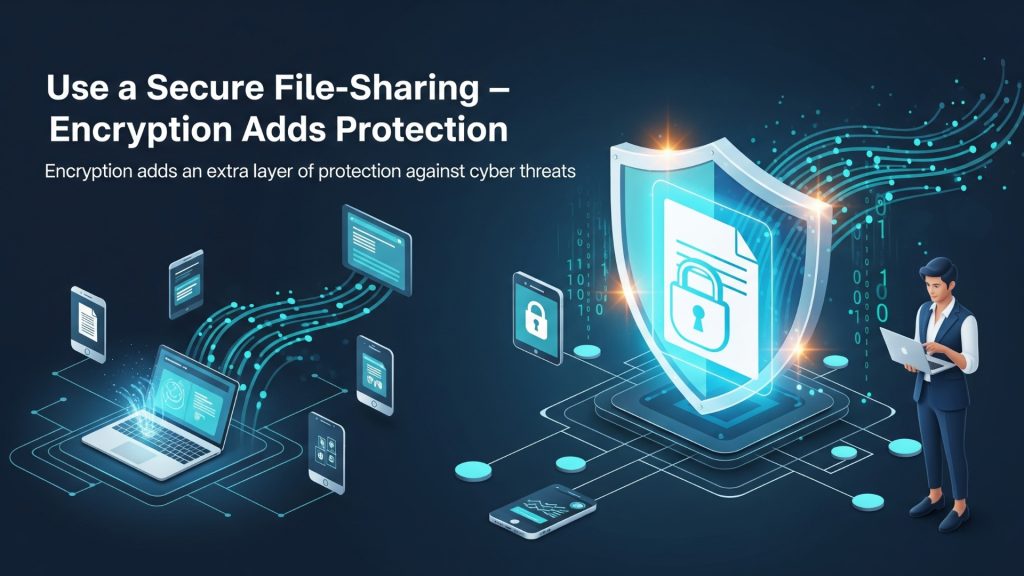
When sharing sensitive information, always use solutions that encrypt your files. Encryption adds an extra layer of protection against cyber threats.
12. Use a VPN to Privatize Your Connection
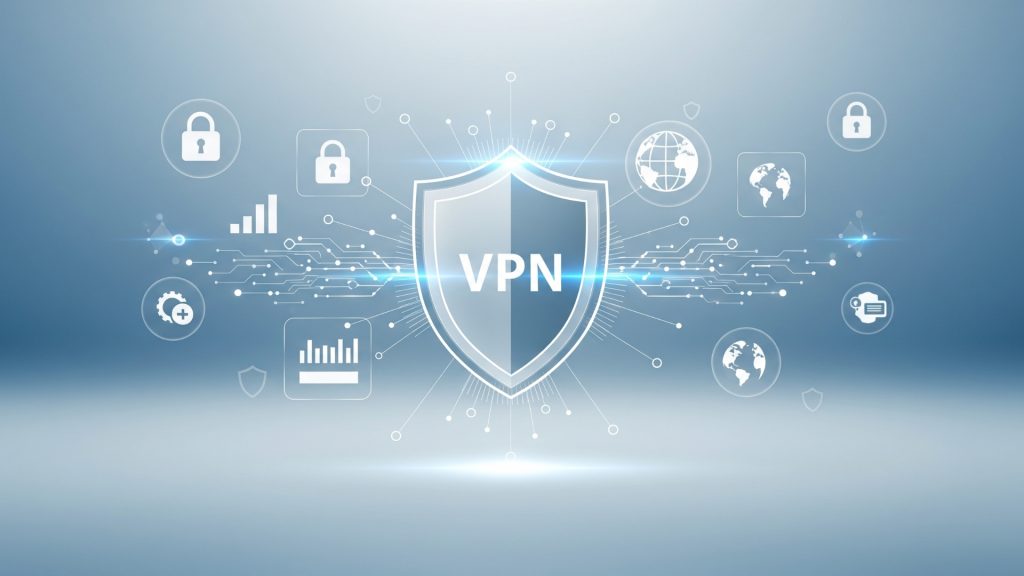
A virtual Private Network (VPN) encrypts your internet traffic, hiding your online activity from hackers, ISPs, and other prying eyes. It’s especially important when using a public or unsecured network.
13. Disable Bluetooth When Not in Use

Leaving Bluetooth on can create a backdoor for attackers. Turn it off when not actively using it to reduce cyber threats.
14. Never Use Free Public Wi-Fi
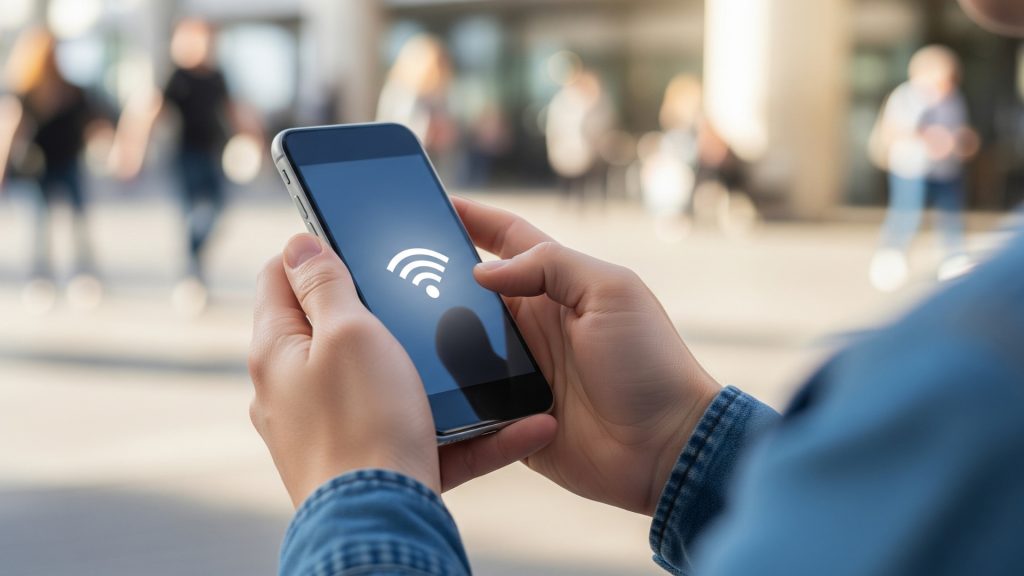
Public Wi-Fi is convenient but often insecure. Avoid accessing sensitive accounts or performing transactions on free networks, or use a VPN if necessary.
15. Enable Two-Factor Authentication (2FA)
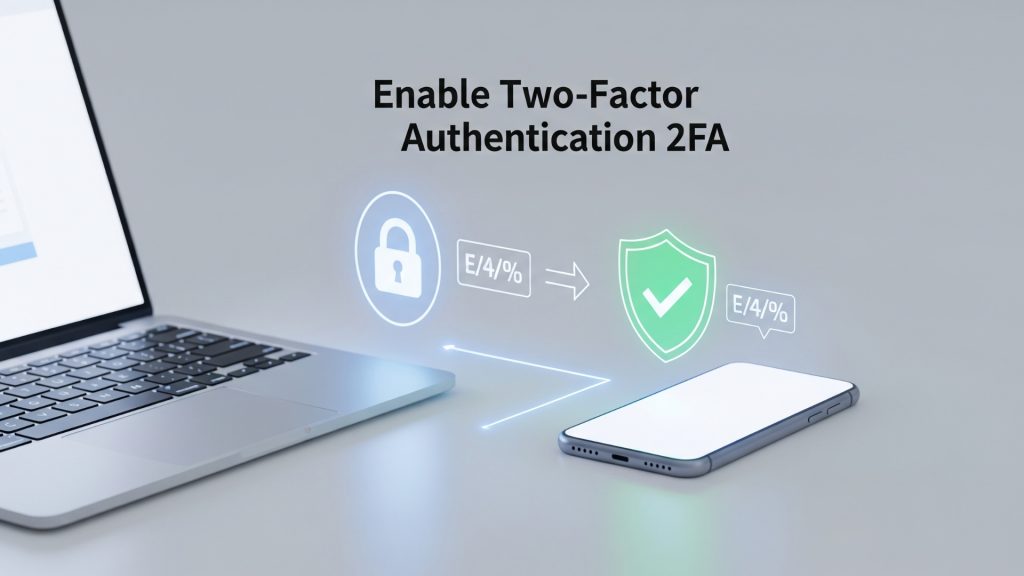
2FA adds a second layer of security beyond your password. Even if a hacker obtains your password, they won’t gain access without the second authentication factor.
Case Study: Rs. 47.5 Lakh Online Investment Scam in Shihor, Gujarat
In a significant cyber fraud case, a 28-year-old private employee from Shihor, Gujarat, was duped of Rs. 47.56 lakh in an online investment scam. The victim was enticed by fraudsters who promised high returns on stock market and IPO investments. A fake mobile app was used to show seemingly growing profits from his investments, prompting him to transfer large sums into seven different bank accounts over two and a half months. When he attempted to withdraw funds, the accused demanded additional charges, revealing the scam. The case is being investigated, and an FIR has been filed against unidentified individuals under sections 318(4) and 319(2) of the Bharatiya Nayaya Sanhita (BNS) and relevant IT Act provisions.
This incident underscores the growing threat of online investment scams targeting individuals across India. It highlights the importance of verifying the legitimacy of investment platforms and being cautious of offers that seem too good to be true. As digital financial services proliferate, individuals must remain vigilant and informed to protect themselves from such cyber threats.
Small actions today, prevent big problems tomorrow
Now that you know cybercrime is a matter of great concern in our everyday lives, following the above-mentioned cyber-safety tips should become a daily practice. Strong cybersecurity awareness creates a safer digital environment for everyone connected to your online world. By practicing these habits consistently, you not only safeguard your personal and professional data but also contribute to reducing cyber threats and vulnerabilities in cyber security for your wider community.
